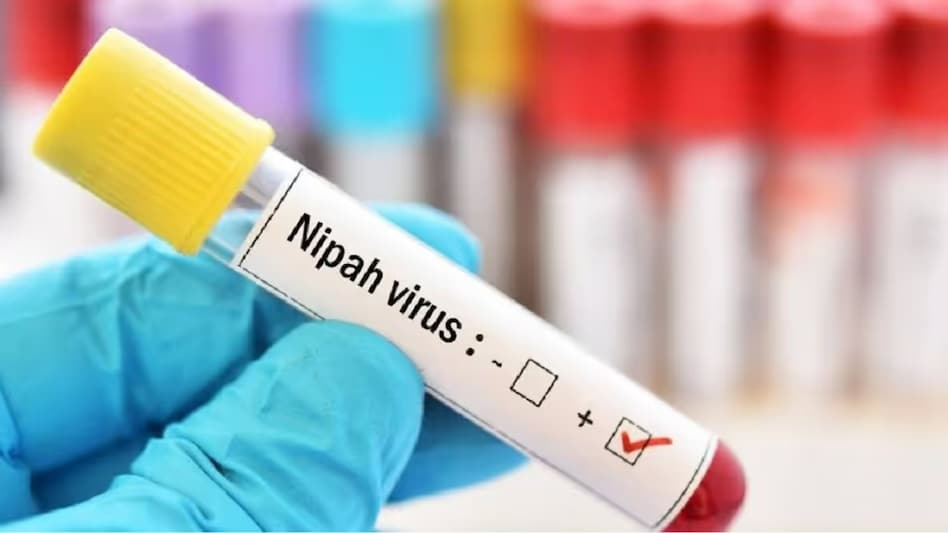What Is Nipah Virus?
Nipah virus (NiV) is a serious zoonotic pathogen primarily transmitted through fruit bats but can also infect pigs and other animals. The virus poses significant health risks to humans, with symptoms ranging from mild flu-like signs to severe neurological and respiratory complications. Currently, there is no specific medication or vaccine for Nipah virus, making management and prevention critical in areas where the virus is known to occur.
Spread and Transmission of Nipah Virus
Nipah virus spreads primarily through contact with the bodily fluids of infected animals, such as blood, urine, and saliva. Humans can contract the virus from:
- Direct contact with infected animals or their fluids.
- Consuming food products contaminated by infected animals, such as raw date palm sap or fruit.
- Close contact with infected individuals, particularly in caregiving scenarios.
The virus can also spread through respiratory droplets when an infected person coughs or sneezes, making it contagious between people as well.
Global Hotspots for Nipah Virus
Nipah virus outbreaks are predominantly reported in Asia, with Bangladesh and India being the most affected regions. The virus first emerged in Malaysia and Singapore in 1999, leading to numerous deaths and substantial economic impact due to the culling of infected pigs. Since then, approximately 20 additional outbreaks have been documented, underscoring the virus’s persistent threat.
Other countries such as Cambodia, Indonesia, Madagascar, the Philippines, and Thailand are also considered at risk due to the presence of bat species that harbor the Nipah virus.
Symptoms and Severity
Symptoms of Nipah virus can vary widely, with initial signs including:
- Fever
- Headache
- Respiratory issues such as cough and difficulty breathing
- Diarrhea and vomiting
- Muscle pain and severe weakness
In severe cases, Nipah virus can cause encephalitis (brain inflammation), leading to confusion, seizures, coma, and respiratory distress. The mortality rate for Nipah virus infections can range from 40% to 75%, depending on the effectiveness of outbreak management and healthcare response.
Diagnosing Nipah Virus
Diagnosis of Nipah virus involves a combination of clinical evaluation and laboratory tests. During the acute phase, healthcare providers use real-time polymerase chain reaction (RT-PCR) tests to detect the virus in samples from the nose, throat, cerebrospinal fluid, urine, and blood. In later stages or post-recovery, enzyme-linked immunosorbent assay (ELISA) can identify specific antibodies against the virus.
Treatment and Management
Currently, there is no specific antiviral treatment or vaccine available for Nipah virus. Management focuses on supportive care to alleviate symptoms, such as:
- Staying hydrated
- Resting
- Using medications to reduce fever and control nausea
- Employing breathing aids for respiratory issues
- Administering antiseizure medications if necessary
Research is ongoing into potential monoclonal antibody treatments for Nipah virus.
Prevention Strategies
Preventing Nipah virus involves several proactive measures:
- Regular hand washing and hygiene.
- Avoiding contact with sick animals, particularly bats and pigs.
- Ensuring proper disinfection and quarantine of infected animals.
- Steering clear of areas where bats congregate.
- Boiling raw date palm sap and thoroughly washing and peeling fruits before consumption.
For healthcare workers and caregivers, personal protective equipment (PPE) is crucial, including full-body gowns, gloves, eye protection, and medical masks. Adhering to standard infection control protocols is essential for preventing the spread of Nipah virus in healthcare settings.
Outlook and Prognosis
While survival from Nipah virus is possible, the disease remains highly fatal, with a significant proportion of infected individuals succumbing to its severe effects. The ability to detect and manage the virus effectively greatly influences survival rates. Prompt medical attention is crucial for those exhibiting symptoms, particularly if they have been in contact with known sources of Nipah virus.
When to Seek Medical Help
If you experience symptoms associated with Nipah virus and have recently traveled to or been in contact with known sources of infection, seek medical advice immediately. Early diagnosis and management are vital in controlling the spread and mitigating the impact of the virus.
Nipah virus continues to be a serious health concern, especially in regions with frequent outbreaks. Staying informed and taking preventive measures are key to reducing the risk of infection and safeguarding public health.
Source: Cleveland Clinic
Also Read: Mpox Outbreak: Symptoms, Vaccine, and Treatment Options Explained

